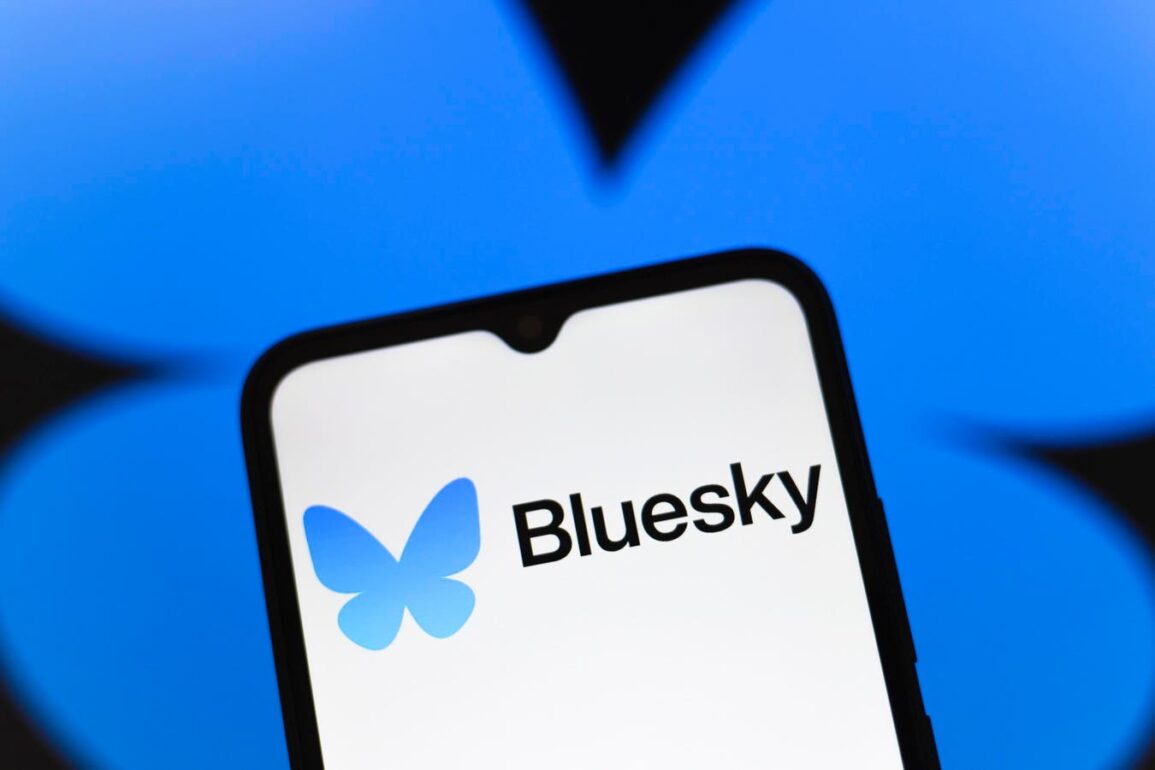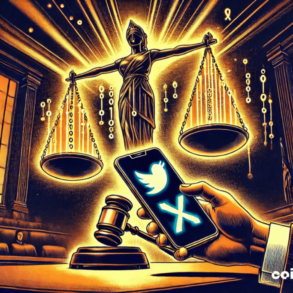
Bluesky, the rival to X that’s seen a stunning surge since the U.S. election, was never supposed to just be an alternative to the social network formerly known as Twitter. It was supposed to usher in a new model for social media itself, built on open source technology that allowed users to control their own data and share it freely across different websites.
A new campaign called Free Our Feeds hopes to give that vision a fighting chance. On Monday, organizers said they’re working closely with Bluesky to build an independent, nonprofit foundation dedicated to expanding the use of the open-source infrastructure that the app was built on. The campaign was organized by a handful of organizations focused on public interest technology, including the Better Information Project, the Worker Agency and the Social Web Foundation.
The idea is to help Bluesky follow through on its original mission: It was initially conceived by Twitter cofounder Jack Dorsey in 2019 as a research project aimed at decentralizing social media. The company tapped now-Bluesky CEO Jay Graber to build a protocol, a shared language that computers can use to talk to each other, specifically for open sourcing the closed world of social media. The result was the AT Protocol, short for Authentic Transfer. But after Elon Musk bought Twitter, its grand plans to make the protocol more broadly available faded away from the company’s roadmap. So the team used the protocol to launch Bluesky in 2023.
Now, Free Our Feeds wants to make sure there’s a robust ecosystem of other social apps built on the AT Protocol, which may end up competing with Bluesky. The group is aiming to crowdfund an initial $4 million for the project, part of a broader goal to raise $30 million over the next three years. The group will use the money to set up the foundation and build a second social service using the AT protocol — a perhaps counterintuitive effort that could compete with Bluesky. But its goal is to make sure the protocol stays independent, even if Bluesky should somehow succumb to corporate greed or the pressures of venture-backed business interests. The idea is to give users a place to go if Bluesky ever decides to shut down developer access to data or experiences a takeover like Musk’s at X.
“It really is at the whims of those people to decide what the social media universe is that we live in.”
The foundation will hire its own team of engineers to work closely with Bluesky engineers to build the new service, which they hope to have up and running by the end of the year. The foundation will also use the money to fund other projects by outside developers to build on top of the protocol. “It is intended as being aligned with Bluesky, but resilient should Bluesky become a hostile entity,” the group wrote in a paper outlining its priorities.
Bluesky didn’t respond to a request for comment.
The campaign organizers helped to assemble a team of overseers who will make governance decisions for setting up the foundation, like hiring a CEO and deploying the cash that’s raised. Those members, who call themselves “custodians,” include Mozilla Foundation executive directors Mark Surman and Nabiha Syed, Avaaz founder Eli Pariser and Mallory Knodel, executive director of the Social Web Foundation. The group on Monday also published an open letter signed by people endorsing the project, including Wikipedia founder Jimmy Wales, actor Mark Ruffalo and Shoshana Zuboff, author of The Age of Surveillance Capitalism.
The longterm goal is to make sure the future of social media is resistant to billionaire control. Musk’s buyout of Twitter resulted in a user exodus, ad boycott and cratering of safety and moderation practices. Corporate owners, like Musk and Meta’s Mark Zuckerberg, have too much power to exert their own influence over the platforms, Mozilla’s Surman told Forbes.
“It really is at the whims of those people to decide what the social media universe is that we live in,” he said, describing the foundation as a sort of “rebel alliance” to take on giants like X and Meta.
Meta illustrated that outsized power last week. Zuckerberg abruptly announced the company would end its fact-checking program for Facebook and Instagram, blindsiding fact-checking organizations, and instead rely on “community notes” by users to police content, similar to how X moderates its posts. The move was criticized by some as an overture to President-elect Trump, who has long complained about alleged censorship of conservative viewpoints, and last year threatened to throw Zuckerberg in jail.
Since Trump’s election, Bluesky has seen massive growth. Its user base has nearly doubled to 25 million since October, when it had 13 million, though still a fraction of the 3 billion people on Facebook and hundreds of millions on X (the company no longer discloses user numbers since Musk took it private). The service has also amassed a stable of X’s power users, including the humorist dril and billionaire Mark Cuban.
To drum up buzz for Free Our Feeds, the group teased the announcement last week with cryptic posters that began appearing across San Francisco and Brussels. The posters showed a cloudy blue sky and the URL for a promotional website, with a countdown clock leading up to the launch.
Surman said he and Mozilla wanted to get involved because he thinks it actually has a real “shot at changing social media,” after many others have tried over the last decade. “I’m all for it,” he said. “I really think this has to succeed.”






